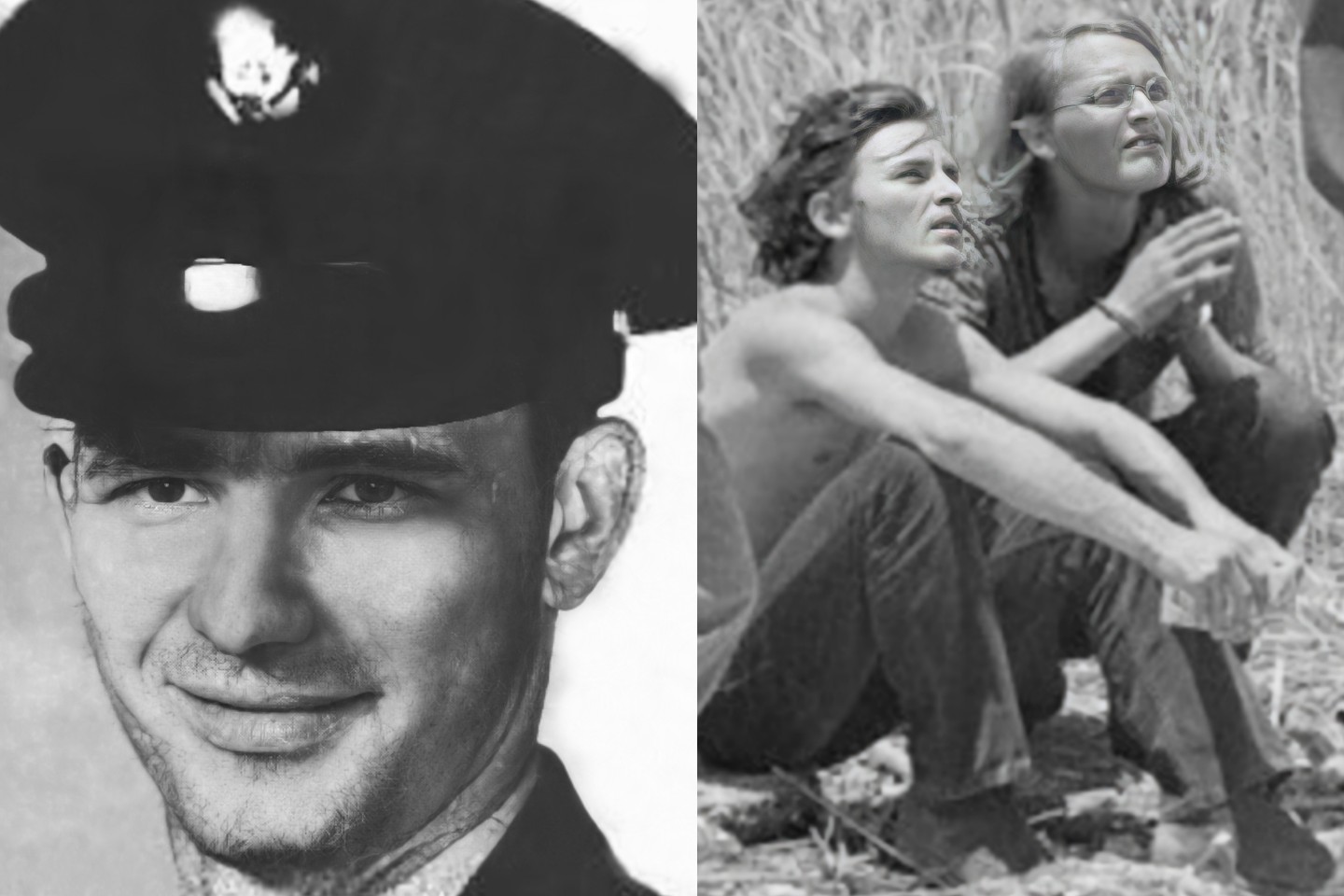

He use the Ripper as example of someone who wants to rid the world of prostitutes, and perpetuals the myth that his victims were just that, even though only one of them had actually workers as a sex worker. The Catholic Church is somehow a serial killer. We're all born serial killers, but it's still the single mother's fault, turning men into killers. This means that he argues that we're all born serial killers, and only good parenting prevents us from killing left and right.

Here's some things you should know before purchasing, but by far a complete list: - Even though he himself mentions that some of the theories are widely debunked, and even seen as myth (for example the triune brain), he still use it as evidence for his own theories. Still - for those interested in Serial Killer history - this isnt a bad book and I would certainly suggest a read!Īlthough the book contain some interesting hypothesis, it's just not reliable.

It feels like, without knowing it, the author is drawing up further questions about the nature of violence, culture, society, class and many other socio-anthropological relationships to Serial murder. The history included in this book is also very Western-centric, with Europe and America filling the majority of the historical accounts.

In some parts Sons or Cain can be profund and insightful, but in others it feels like the complexity of historical and culutral issues are not quite fully fleshed out or explored. It feels like the author is trying to move away from old ideas of 'good and evil' by contemplating both physiology and culture, which I feel is generally a positive move. Much of the eveidence we have points to Neanderthals as caring individuals with a rich culutral belief system including jewellry, music and cave paintings. Also - the biological assumptionism that early humans and 'primtive hominids' are in some way closer to the psyche of a serial killer simply isnt true. Although ACTUAL paleontological evidence of this does not exist. The Author cites prehistoric accounts of interspecies violence between humans and neaderthals. Central among these is the arguement that there is some form of 'primitive reptilian' part of our brain which could make any of us into serial killers. On one hand it is well researched, with interesting historical accounts and decently formed arguements.but on the other hand the author has a tendancy to draw large generalisations or make statements that arent supported by current scientific fact. It's a difficult thing to adequaltely review Sons of Cain. They are uniquely human and - as popular culture has demonstrated - uniquely fascinating. These sexual serial killers differ from all other serial killers in their motives and their foundations. Delving further back into human history and deeper into the human psyche than Serial Killers - Vronsky's 2004 book, which has been called "the definitive history of the phenomenon of serial murder" - he focuses strictly on sexual serial killers: thrill killers who engage in murder, rape, torture, cannibalism and necrophilia, as opposed to for-profit serial killers, including hit men, or "political" serial killers, like terrorists or genocidal murderers. In Sons of Cain - a book that fills the gap between dry academic studies and sensationalized true crime - investigative historian Peter Vronsky examines our understanding of serial killing from its prehistoric anthropological evolutionary dimensions in the pre-civilization era (c. From the author of Serial Killers: The Method and Madness of Monsters comes an in-depth examination of sexual serial killers throughout human history, how they evolved, and why we are drawn to their horrifying crimes.īefore the term was coined in 1981, there were no "serial killers." There were only "monsters" - killers society first understood as werewolves, vampires, ghouls and witches or, later, Hitchcockian psychos.


 0 kommentar(er)
0 kommentar(er)
